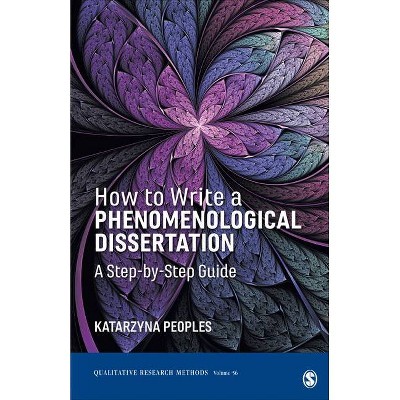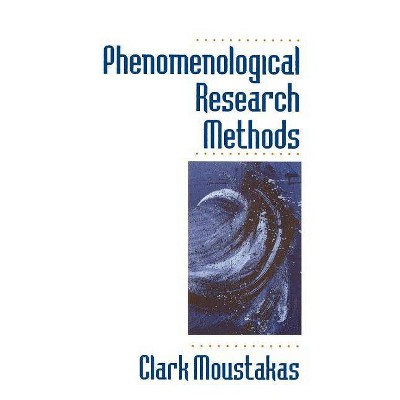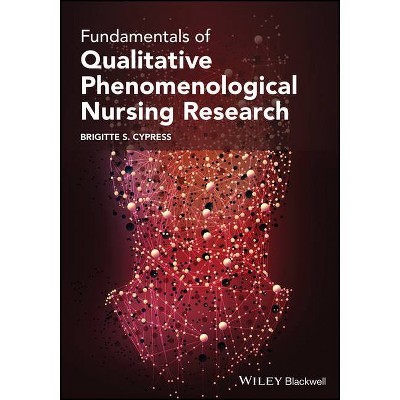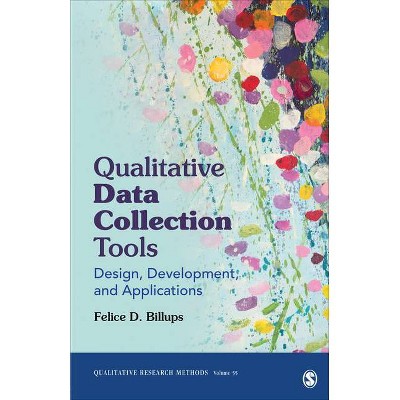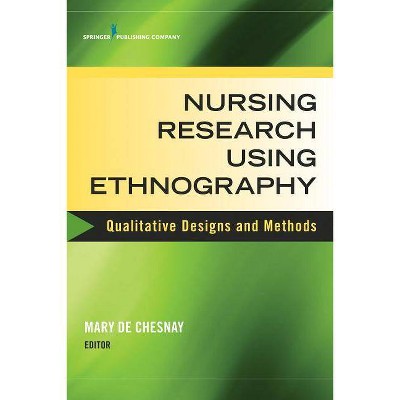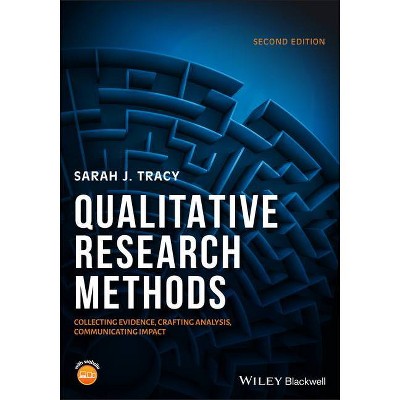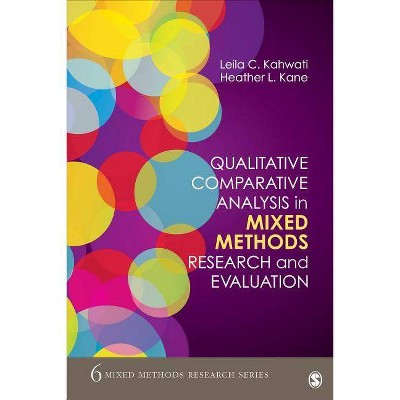Reflections on Certain Qualitative and Phenomenological Psychological Methods - by Amedeo Giorgi (Paperback)
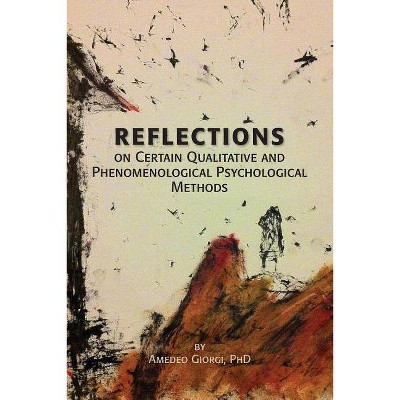
Similar Products
Products of same category from the store
AllProduct info
<p/><br></br><p><b> About the Book </b></p></br></br>Amedeo Giorgi, PhD, who has been a leading figure in the advancement of qualitative and phenomenological research methods for over 50-years, offers his reflections on qualitative and phenomenological research methods. A primary focus of this volume is the philosophical foundations of these approaches.<p/><br></br><p><b> Book Synopsis </b></p></br></br><p> One could describe the status of psychological research today as one in which qualitative methods based upon diverse philosophies have been developing and advancing at a fast pace. It is a time therefore when reflections on this state of affairs are appropriate. The five essays in this book are all concerned with qualitative methods and their philosophical backgrounds.</p><p> Briefly, the first essay contrasts the relative merits of the three most used philosophical bases for qualitative methods: empirical philosophy, hermeneutics, and Husserlian descriptive phenomenology. The second essay tries to resolve the tensions between descriptive and interpretive methods. Both are of service to science, but they relate to different conditions. The third essay discusses certain pitfalls that should be avoided when conducting psychological research on oneself. The fourth essay describes the extension of certain guidelines when using the descriptive phenomenological method. The fifth essay challenges the assumption of naturalism for psychology and argues for the development of a non-naturalistic method for psychology.</p><p/><br></br><p><b> Review Quotes </b></p></br></br><br><p>A solid, sustained analysis and clarification of where we stand today in some of the qualitative methods that have helped to shape psychology's advance in its own methodological self-understanding.</p><p>Scott Churchill, PhD<br /> Editor, <em>The Humanistic Psychologist</em><br /> Professor, University of Dallas</p><p> </p><p>These essays reveal Giorgi in his prime as he surveys the current field of qualitative psychology. Drawing on a rich 60-year career as one of psychology's most distinguished theoretical psychologists, we see Giorgi take up the issues crucial to the possibility of a truly qualitative psychology. Non-phenomenological as well as pseudo-phenomenological methods are critically distinguished and evaluated with discernment and care. We see in these important essays an unrelenting passion for the possibility of a psychology fitting to its name--a science of the human spirit.</p><p>James Morley, PhD<br /> Professor of Clinical Psychology<br /> Ramapo College of New Jersey</p><p> </p><p>Giorgi drills deeper and more detailed into the salient issues of scientific phenomenological research. He provides a collegial critique of others' works that is inspired by phenomenology, but shows in this volume how his approach is founded upon it. Giorgi's over 50-years of contributions to human science research are further clarified in this collection of essays. Anyone embarking on a phenomenological approach in his or her research would be better prepared by studying this book.</p><p>Rodger Broomé<br /> Assistant Professor, Utah Valley University</p><br>
Price History
Price Archive shows prices from various stores, lets you see history and find the cheapest. There is no actual sale on the website. For all support, inquiry and suggestion messages communication@pricearchive.us
